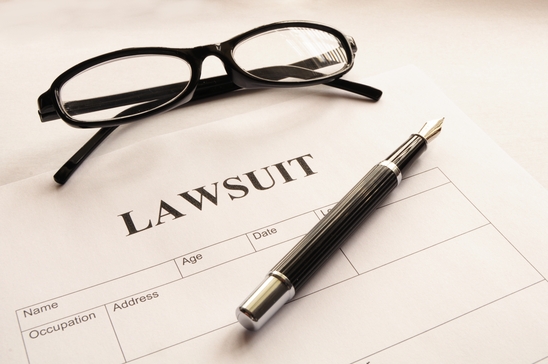
As the opioid addiction crisis is spinning out of its control, people are also looking for various ways to manage this epidemic. Moreover, they are looking for ways to hold accountable anyone who is responsible. People are also suing their physicians and doctors for opioid addiction. Moreover, states, counties, and cities are also suing drug manufacturers for the wide creation of opiates.
Now the question is posed: can a class of individuals or a single person legally hold a drug manufacturing company responsible for their opioid addiction?
Pharmaceutical Liability
Suing a drug manufacturer for a drug’s addictive properties or its danger will often result in product liability litigation. This litigation is one in which the manufacturer is held responsible for a defective or dangerous product. There are three main ways a drug manufacturer can be held responsible when the case is based on pharmaceutical drug liability.
1. Defective Design
Even if a drug is manufactured for a particular use as it is intended, alleging a drug can pose significant unreasonable risks to the consumers is a defective design argument. This means that drug companies are responsible only for the risks that can be foreseen. If the drug company were aware of the risks associated with the drug it produced and did not take any action for that, it would be responsible for the damage. There are few litigations against pharmaceutical companies in the country. This is because the drug manufacturing company or the pharmaceutical company denotes a safe use of the drug it will never be held responsible.
2. Defects in Manufacturing
If there is any mistake in the manufacturing of a drug, it can render a danger to its consumers. When a medication is found to be contaminated during processing at a facility, it could lead to litigation. Take an example of GlaxoSmithKline that had to pay more than $40 million to settle their litigation for defective drugs at its former Puerto Rico factory. However, this may not apply to the cases concerning opioid addiction if the drug in question was properly manufactured.
3. Defects in Warnings
You must allege that the drug manufacturing company did not complete their job by describing how the drug will be used or a warning of the risks associated with the use of these drugs. A drug manufacturing company is always liable for failing to provide enough information about warnings in their medications. This also means that they can face litigation in case they provided inaccurate warnings. When consumers sue drug manufacturing companies for the side effects of the drug prescriptions, this is commonly cited in the pharmaceutical company litigations. However, it can also be applied to cases where the company does not adequately warn the consumers about the addictive properties of the medication or drug in question.
Pharmaceutical Attorneys
Due to the massive size of the pharmaceutical industry and the money invested into new medicine, drugs are often rushed into the market without adequate and thorough testing. This can result in wrongful death or personal injury. When a personal injury is sustained as a result of pharmaceutical medication, whether over-the-counter or prescription, you are entitled to financial compensation for the damages.
Learn more about Drug Lawsuits.
